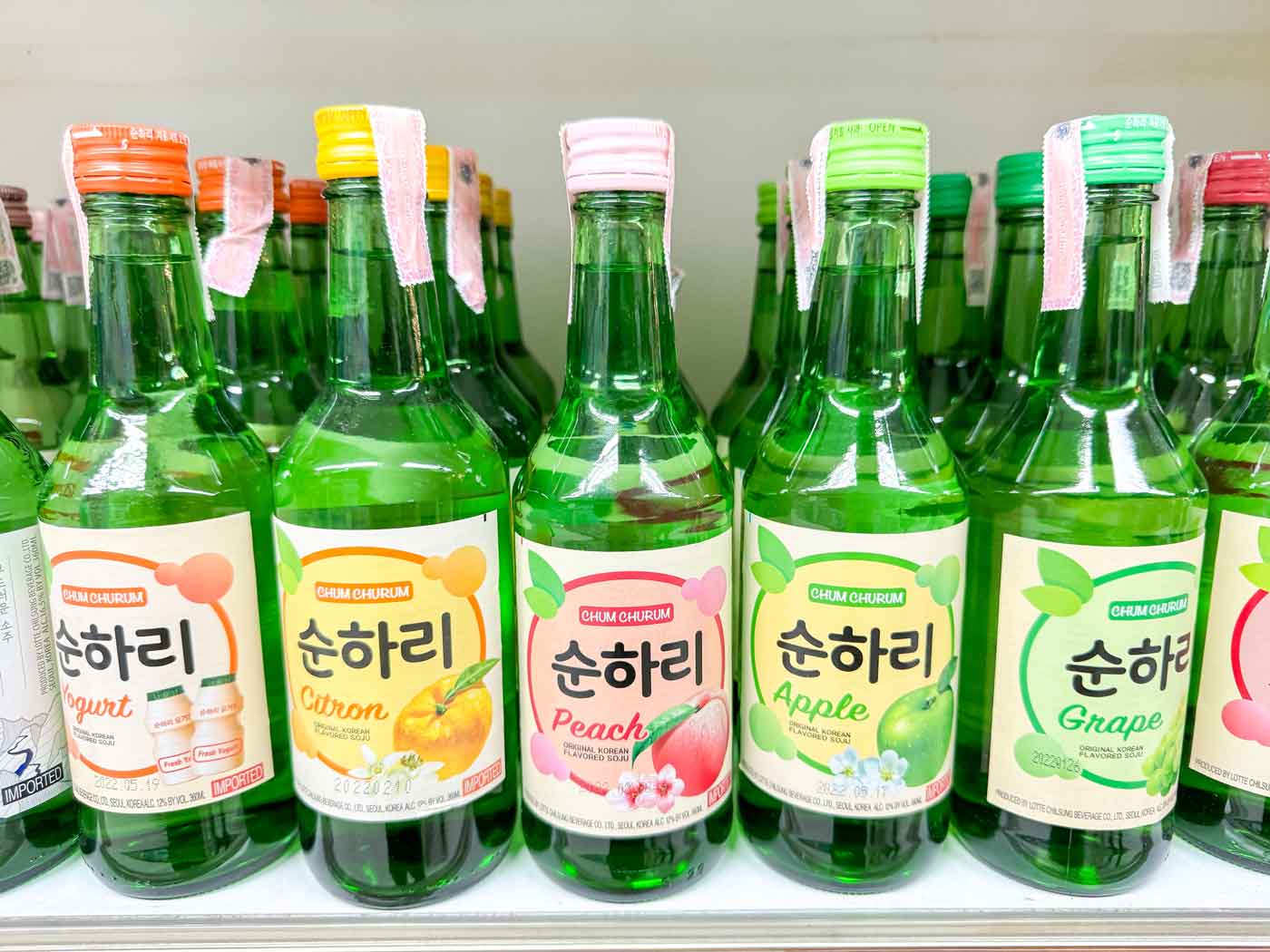The Journey of Soju
From Ancient Tradition to Modern Favorite
What Is Soju?
Soju, a beloved Korean spirit, has a rich history that reflects Korea’s cultural and culinary evolution. This clear, potent liquor has been enjoyed for centuries, evolving from its ancient roots to become a contemporary staple in Korean society and beyond. Let’s explore the fascinating history of soju and how it is enjoyed in today’s world.
The Origins of Soju
The story of soju begins during the Goryeo Dynasty (918-1392), when it is believed that Korean distillation techniques were influenced by the arrival of Persian traders. The word “soju” itself is derived from the Korean words “so” (to burn) and “ju” (liquor), which refer to the traditional method of making the spirit.
Initially, soju was a high-proof spirit distilled from grains such as rice, barley, or wheat. It played a significant role in Korean rituals and ceremonies. In the 14th century, the Korean royal court and aristocracy used soju in elaborate feasts and religious rites, making it a symbol of social status and cultural heritage.
Evolution Through The Ages
During the Japanese occupation of Korea (1910-1945), soju production saw significant changes. The Japanese introduced a government monopoly on alcohol production and, due to the scarcity of rice, soju began to be made from sweet potatoes or tapioca. This change resulted in a lower-proof, sweeter version of the spirit.
In the post-war period, particularly in the 1960s and 70s, soju production modernized with advancements in distillation technology. The spirit became more widely available and affordable, solidifying its place in everyday Korean life. The standardization of production methods led to a more consistent flavor and alcohol content.
Soju Today: A Modern Cultural Icon
In contemporary Korea, soju is a ubiquitous presence at social gatherings, from casual meals to formal events. Its versatility and relatively low cost make it a popular choice for a wide range of occasions. Here’s how soju is enjoyed today:
-
Social Drinking: Soju is often consumed during Korean meals, particularly in social settings. It’s typically enjoyed in small shot glasses and is frequently paired with traditional Korean dishes like barbecue, kimchi, or jjigae (stew). Drinking soju is a communal activity, where it’s common for people to pour drinks for each other, fostering a sense of camaraderie.
-
Flavored Soju: In recent years, flavored soju has gained popularity. These variants, which include flavors like peach, apple, and yogurt, cater to a younger audience and offer a lighter, more approachable taste. Flavored soju is often mixed into cocktails or enjoyed on its own.
-
Soju Cocktails: The versatility of soju extends to the cocktail realm. It is used as a base in various drinks, including the popular “soju bomb” (a combination of soju and beer) and “soju mojito” (a Korean twist on the classic mojito). These cocktails blend traditional Korean spirit with contemporary mixology.
-
Cultural Export: Beyond Korea, soju has begun to make its mark internationally. It is increasingly found in Korean restaurants and bars around the world, where it introduces global audiences to Korean drinking culture. The spirit’s growing presence in international markets reflects its broad appeal and adaptability.
Final Thoughts
Soju’s journey from its ancient origins to its modern-day popularity is a testament to its enduring appeal and cultural significance. Whether enjoyed as part of a traditional Korean meal or as a trendy cocktail ingredient, soju continues to be a symbol of Korean hospitality and social bonding. Its rich history and evolving uses make it not just a beverage but a reflection of Korea’s vibrant cultural heritage. So next time you sip on a glass of soju, you’re partaking in a centuries-old tradition that connects the past with the present.
Kukui Foods is the exclusive authorized distributor of some of the most premium brands of Korean Soju found including Lotte liquor, a Korean spirit made from rice, tapioca, barley, and wheat with a neutral taste. Contact us today to order your Korean Soju.
More Posts
What Your Choice of Meat Says About You
What Your Choice Of Meat Says About YouTo Meat or Not To Meat? That Is The QuestionThe Choice Is YoursCooking is a deeply personal experience, and the type of meat you choose to prepare can reveal interesting insights about your tastes, lifestyle, and even your...
The Culinary Delights of Pig’s Feet: A Hawaii Delicacy
The Culinary Delights of Pigs FeetA Hawaii DelicacyWhat Is That?Pig feet, also known as trotters, are a versatile and flavorful ingredient that can elevate a variety of dishes. Though they might not be as commonly used as other cuts, they offer a unique taste and...

Get In Touch
Tel. (808)533-4873
Fax (808)841-4873
kukuifoods@yahoo.com
Kalihi Warehouse
1713 Hau St.
Honolulu, HI 96819
Kalihi Office
428 Kalihi St.
Honolulu, HI 96819



